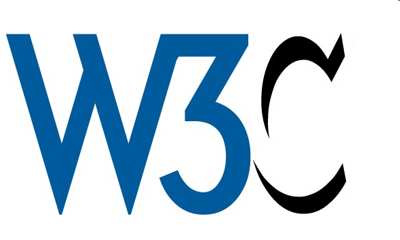| Complete HTML5.0 Definition Published |
| Written by Ian Elliot | |||
| Tuesday, 18 December 2012 | |||
|
The W3C has published the complete definition of the HTML5 and Canvas 2D specifications. Although these are not yet W3C standards, the specifications are feature complete which represents a degree of stability that will help all concerned in web design and development. The lack of a defined standard for HTML5 has been a problem that has hampered developers so these new definitions now provide a stable target for implementation and planning.
As the W3C announcement puts it: HTML5 is the cornerstone of the Open Web Platform, a full programming environment for cross-platform applications with access to device capabilities; video and animations; graphics; style, typography, and other tools for digital publishing; extensive network capabilities; and more. As of today, businesses know what they can rely on for HTML5 in the coming years, and what their customers will demand. Likewise, developers will know what skills to cultivate to reach smart phones, cars, televisions, ebooks, digital signs, and devices not yet known. These definitions have the status of Candidate Recommendations and work can now start on testing of interoperability and performance. The specification is still expected to be finalized (i.e. reach Recommendation status) in 2014 with any new features, or ones currently marked "at risk" that cannot be resolved, being pushed forward to the next round of standardization. W3C simultaneously announced the first draft of the next standard, HTML 5.1 and Canvas 2D, Level 2, providing an early view of what might come next .
Of course while it is nice to have a near finished HTML5 standard we need so much more. Despite all the fuss HTML5 is not really the big leap forward that it has been presented as. It is nice to have coherent semantic markup but something enables web apps to work like desktop apps is more what programmers are looking for. The Canvas 2D standard is probably of more importance than HTML5 and we need so much more. The difficulty seems to be getting the W3C to move in any well defined direction. Design by committee is never easy.
More InformationRelated ArticlesW3C Announce HTML5 To Be Ready Nearly A Decade Early Which HTML5? - WHATWG and W3C Split
To be informed about new articles on I Programmer, install the I Programmer Toolbar, subscribe to the RSS feed, follow us on, Twitter, Facebook, Google+ or Linkedin, or sign up for our weekly newsletter.
Comments
or email your comment to: comments@i-programmer.info
|
|||
| Last Updated ( Tuesday, 18 December 2012 ) |




